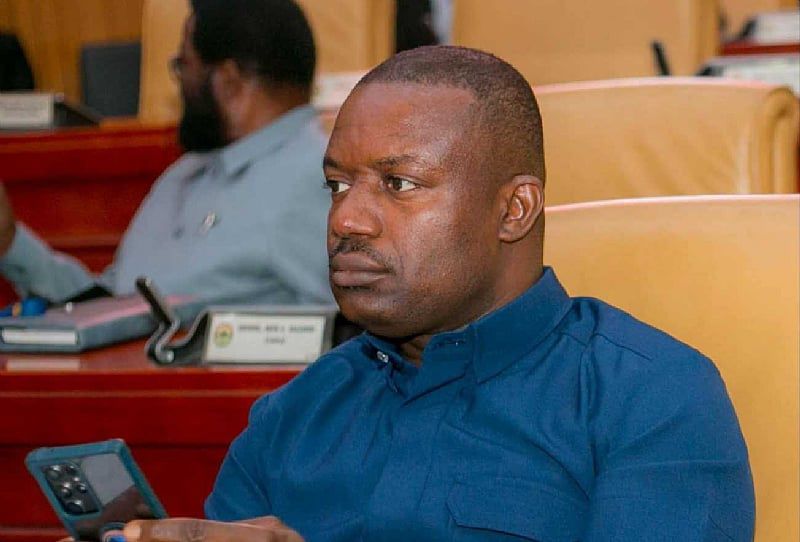The Minister of Energy, John Abdulai Jinapor, has addressed the nation regarding the recent spate of erratic power supply experienced across Ghana. He acknowledged the inconvenience caused by these outages and assured Ghanaians that the situation is temporary and will be resolved within two weeks. Minister Jinapor attributed the current challenges to the precarious state of the energy sector inherited by the current administration. He emphasized that the government is working diligently to address the fundamental issues plaguing the sector and implement long-term solutions to prevent future occurrences. The Minister appealed to the public for patience and understanding as these measures are put in place. He reiterated the government’s commitment to restoring reliable and consistent power supply across the country.
Ghana’s energy sector has been grappling with a complex interplay of factors contributing to the instability of its power grid. These include challenges related to inadequate generation capacity, transmission bottlenecks, and distribution inefficiencies. The existing infrastructure, in many cases, is aging and requires significant upgrades and maintenance to meet the growing energy demands of the country. Furthermore, financial constraints and historical debt within the sector have hampered the ability to invest in necessary improvements and expansions. External factors, such as fluctuations in global fuel prices and disruptions in the supply of resources like natural gas, have also added further pressure on the energy system.
The recent power outages have sparked concerns among Ghanaians, evoking memories of the “dumsor” era, a period marked by persistent and widespread power cuts that significantly impacted the nation’s economy and daily life. The term “dumsor,” a portmanteau of the Akan words “dum” (off) and “sor” (on), became synonymous with the frustrating and unpredictable nature of the power supply during those times. Businesses suffered losses, productivity declined, and citizens faced considerable hardship. The government’s assurance of a swift resolution to the current situation aims to allay these fears and restore confidence in the stability of the power grid.
Minister Jinapor’s statement highlights the government’s commitment to tackling the root causes of the power crisis. This involves not only addressing immediate issues but also implementing a comprehensive strategy to strengthen the energy sector’s resilience and ensure long-term sustainability. This could include investments in new generation capacity, particularly from renewable sources, improving transmission and distribution infrastructure, and implementing energy efficiency programs. Furthermore, addressing the financial challenges within the sector, exploring innovative financing mechanisms, and promoting private sector participation will be crucial for long-term stability.
Meanwhile, the West African Gas Pipeline Company Limited (WAPCo) has provided an update on its ongoing maintenance works, which are expected to positively impact Ghana’s power supply. WAPCo announced that it has completed 70% of the scheduled maintenance, bringing it closer to resuming gas supply to Tema. This development is significant as the Tema power enclave plays a vital role in Ghana’s electricity generation. The restoration of gas supply through the West African Gas Pipeline will enhance fuel availability for power plants, boosting generation capacity and contributing to the stabilization of the national grid.
The successful completion of these maintenance works by WAPCo will be a welcome boost to Ghana’s efforts to address its energy challenges. The increased gas supply will ensure that power plants in the Tema enclave can operate at optimal capacity, providing a much-needed increase in electricity generation. This will help alleviate the pressure on the national grid and reduce the likelihood of further power outages. Along with the government’s efforts to address the broader issues within the energy sector, the restoration of gas supply through the West African Gas Pipeline represents a significant step towards ensuring a stable and reliable power supply for Ghana in the near future.


